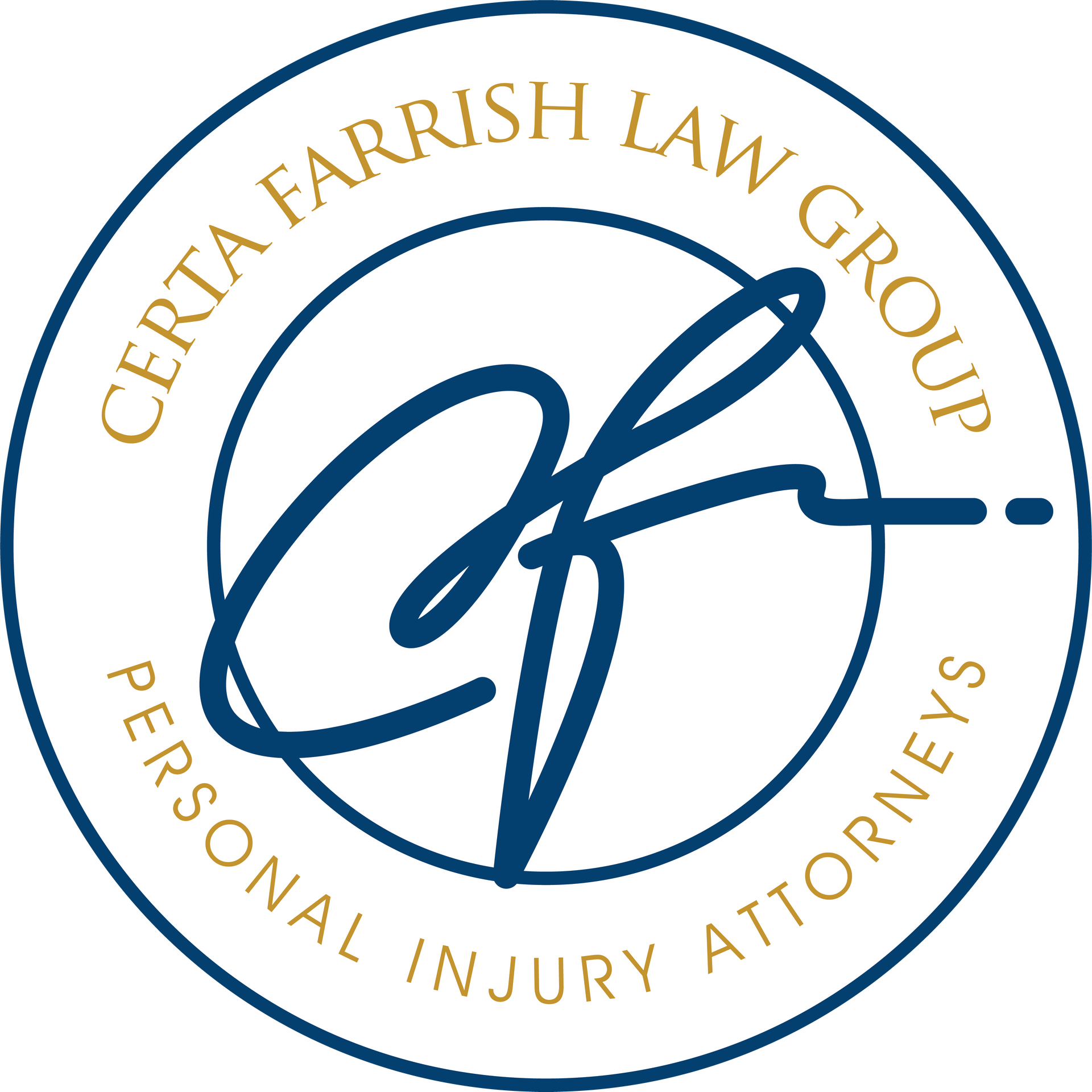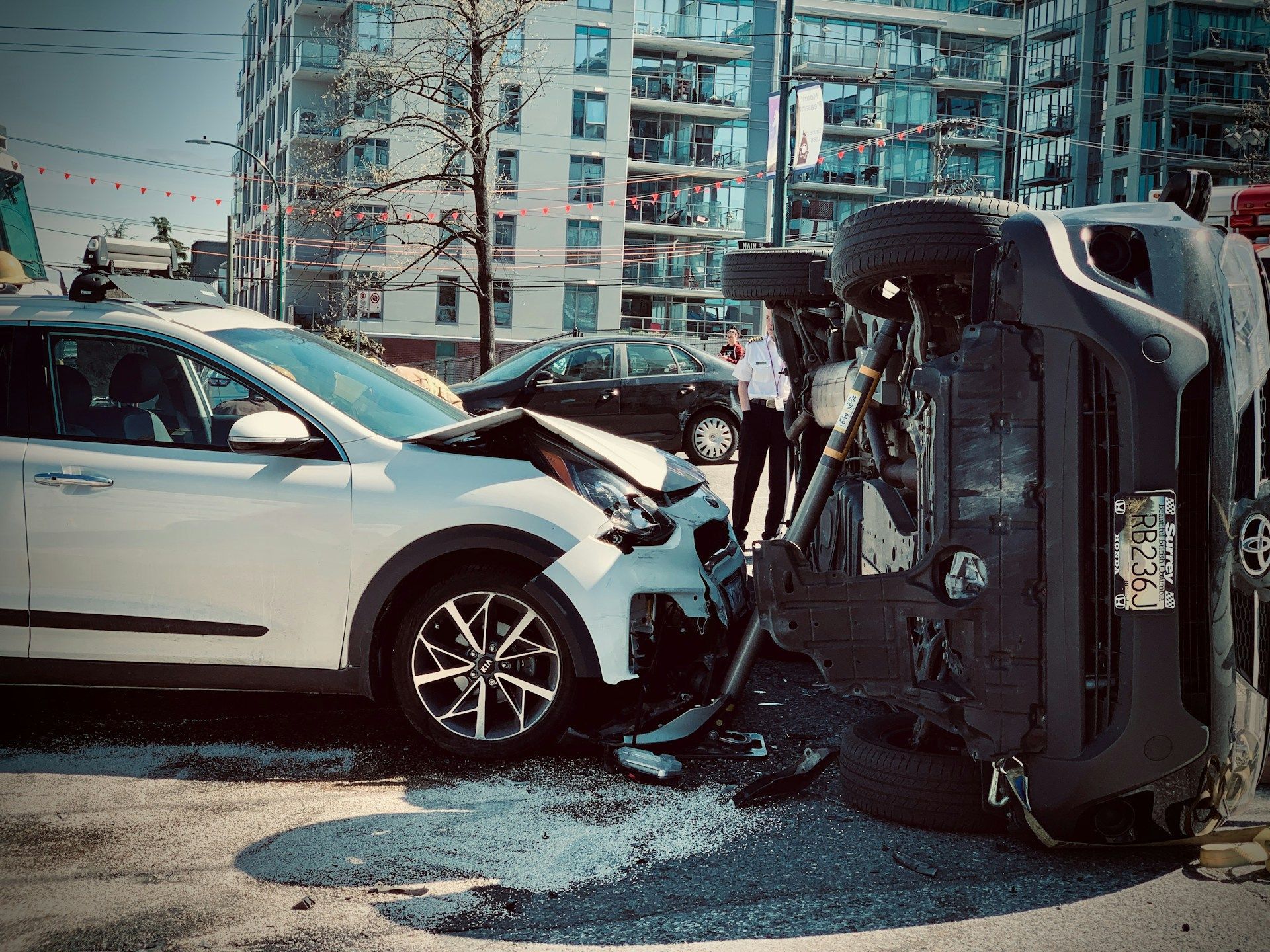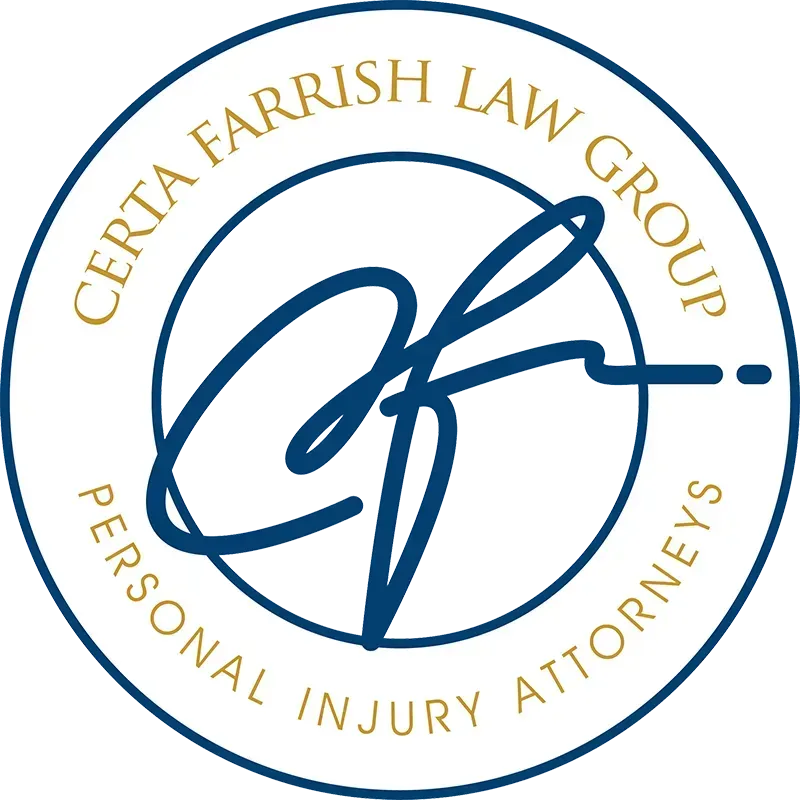Arlington Roads, Real Issues: SR-9 and Smokey Point
Arlington Car Accident Lawyers
A crash in Arlington can turn routine errands into a maze of phone calls and forms. If you’re looking for an Arlington car accident lawyer, we’ll outline your next steps and get the essentials moving. From SR-9’s curves and the 172nd St NE/Smokey Point corridors to the I-5 interchanges near Island Crossing and neighborhood arterials by the Stillaguamish, we handle collisions across the area and coordinate care with Cascade Valley Hospital when injuries need attention. While you focus on appointments and recovery, we deal with adjusters, track deadlines, and keep you updated so your claim doesn’t stall.
Photos, Claims, Rentals: Handling First Steps Together
Early actions protect your claim. We preserve photos and nearby camera footage, contact witnesses, and secure repair and medical documentation. We report the basics to insurers, evaluate damages—including wage loss and mileage—and help with rental and repairs so transportation isn’t another problem to solve.
Insurance Basics, Deadlines, and Why Acting Early Matters
Washington follows a fault system—meaning the at-fault driver’s insurer is generally responsible for your losses. If it’s on your policy, PIP can cover early medical bills and part of wage loss, and UM/UIM may step in when a driver is uninsured or leaves the scene. Most injury claims carry a three-year window, but camera footage, dash data, and logs can disappear quickly, so early action helps preserve proof. For a broader primer, explore car accidents. If your crash involved a crosswalk or a semi near Smokey Point, we can align your strategy with both Arlington pedestrian accidents and Arlington truck accidents so coverage questions aren’t missed.
Building the Case from 172nd St NE to Old Town
We tie facts to locations that matter: SR-9 sightlines, turn pockets on 172nd St NE, merge behavior around Smokey Point, and signage or lighting in busy lots. Photos of crush damage, airbag deployment, and road conditions help show forces and fault. We also track appointments at Cascade Valley, prescriptions, out-of-pocket costs, and missed shifts so damages are fully documented from day one.
Support That Fits Real Life
A wreck doesn’t just dent a bumper—it reshuffles childcare, shift coverage, and therapy appointments. We keep communication tight with quick updates and clear timelines, and we’ll help you track pain levels, mileage, and missed hours so those day-to-day losses are counted. Whether the crash was near Arlington Municipal Airport, SR-530 by Haller Park, or Smokey Point retail, we’ll coordinate records, appointments, and repair logistics around your schedule so recovery feels manageable.
Answers for Arlington Drivers—Timelines, Bills, & Repairs
Is Washington fault-based, and what does that mean for an Arlington crash on SR-9?
Yes. The at-fault driver’s insurer is typically responsible for repairs, medical bills, wage loss, and other damages. We still recommend using PIP or health insurance early so treatment isn’t delayed, then we pursue reimbursement from the liable carrier.
Do I have PIP, and how does it help after a collision near Smokey Point?
Many policies include PIP; check your declarations page. PIP can pay early medical bills and part of wage loss regardless of fault. If you waived PIP, health insurance often becomes primary while liability is sorted out.
Who handles repairs and a rental if my car was towed toward I-5?
Coverage depends on liability and your policy. We coordinate estimates with shops, help set up rentals when coverage applies, and document downtime or loss-of-use so those costs are considered in your claim.
What if I’m partly at fault for a crash near 172nd St NE?
You can still recover in Washington even if responsibility is shared. Any award may be reduced by your percentage of fault, which is why photos, scene measurements, and witnesses matter—we use them to keep fault percentages fair.
How soon should I contact an Arlington car accident lawyer, and why?
Right away. Business cameras can overwrite in days, vehicles get repaired, and adjusters may push for recorded statements early. A quick call helps preserve evidence, avoid pitfalls, and protect the value of your claim from the start.


